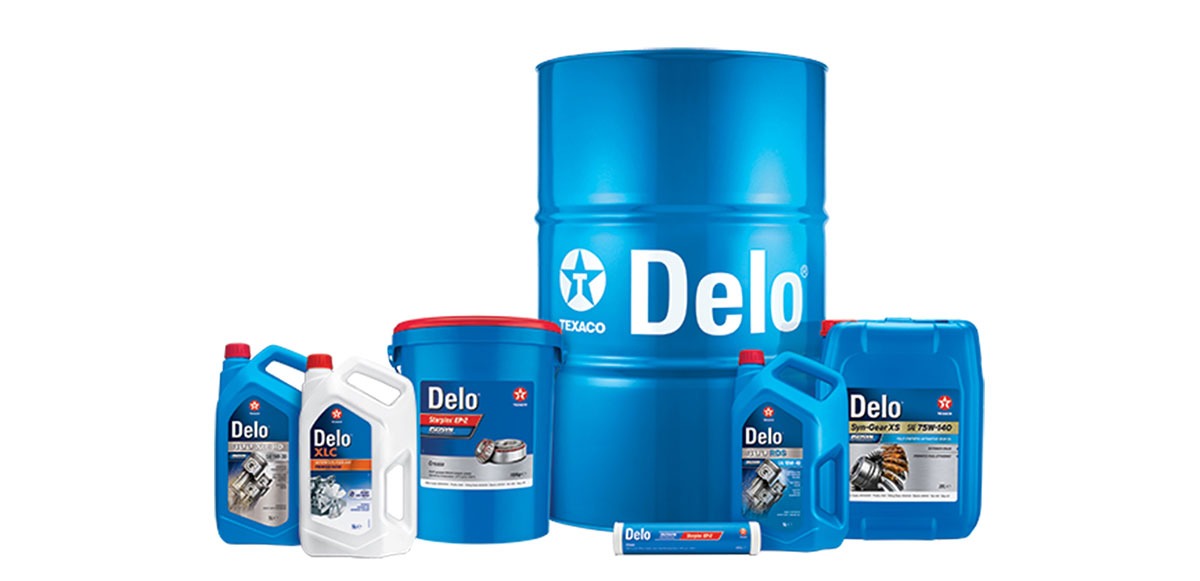Texaco Delo – Frequently asked questions


Here, we take a look at some of the most frequently asked questions about Texaco Delo. Find out more about the durability, fuel economy, and technology behind our range of Delo products for heavy duty commercial vehicle engines below.
Q: What are the benefits using high-quality engine, transmission and drive-axle lubricant products on commercial vehicles?
Texaco Delo® heavy duty commercial vehicle engine oils, driveline lubricants, greases and extended life coolants are formulated to meet stringent, ACEA, OEM and API specifications and environmental requirements, while offering heavy diesel engine equipment optimum protection and helping to achieve lower maintenance costs.
Texaco Delo heavy duty engine oils provide soot dispersancy, wear protection and sludge control, to guard against loss of engine life and help reduce fuel and oil consumption.
Q: Can I get better fuel economy using a high-quality lubricant product?
Texaco Delo 600 ADF with OMNIMAX™ is a heavy-duty engine oil with the capability to effectively reduce soot build up in a diesel particulate filter (DPF), helping deliver outstanding system protection to both the engine and the emissions system.
This product line and its additive technology can help effectively reduce the rate of DPF clogging, resulting in extended DPF service life, less frequent DPF regeneration cycles, and contributing to a potential three per cent improved fuel economy over the life of the equipment.
Q: Is durability compromised using low viscosity lubricants?
Safeguarding maximum durability is an important customer consideration. To comply with legislation and meet these durability needs, manufactures have implemented a number of technical solutions including new engine platforms and aftermarket treatment systems.
These technical solutions can put more stress on engine oils and therefore require the use of new chemistries. For example, higher engine temperatures require improved thermal stability, higher EGR rates require improved TBN retention, acid neutralisation and soot control, and aftermarket treatment systems require lower SAPS oils - all affect engine oils.
Oils have had to evolve as well – with improved anti-wear chemistry, along with improved dispersant chemistry that handles soot and other contaminants to prevent them from triggering wear, even when oil films are thinner.































